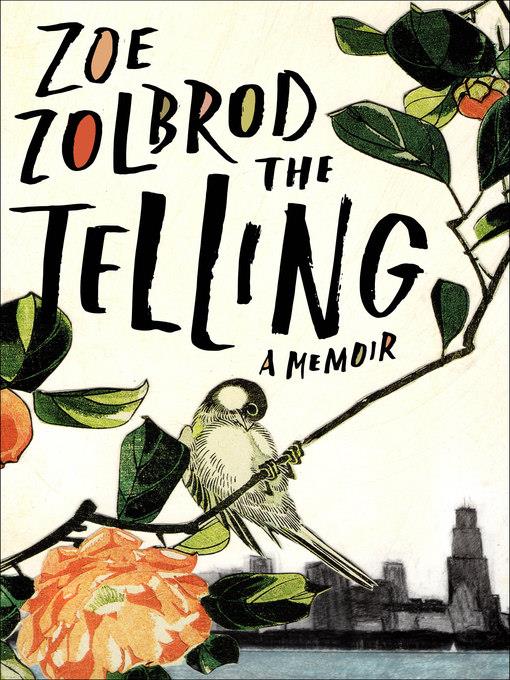
The Telling
کتاب های مرتبط
- اطلاعات
- نقد و بررسی
- دیدگاه کاربران
نقد و بررسی

February 22, 2016
Zolbrod, a novelist and editor for the Rumpus, who was molested starting when she was four by a teenage cousin living with her family, wrestles in clear-eyed, honest prose with her resulting uncertainties, conflicting emotions, and determination to move forward. Growing up white-collar in blue-collar Pennsylvania, she’s very close to her father but has a more tense relationship with her mother. She’s 12 when she first tells a friend what her cousin did, but she doesn’t yet understand it. Years pass before Zolbrod, in college, opens up again, this time to a boyfriend. In her late 20s, after unexpectedly blurting out what happened to her aunt, she finally discloses the abuse to her parents. She wants them to be outraged, but their muted responses leave her feeling like “the secret was out, and it didn’t matter.” She’s angry and confused as she probes whether she was all that traumatized and what it means if she decides, contrary to the current cultural attitudes about child sexual abuse, that she wasn’t. Zolbrod shows great courage as she tries to answer difficult and troubling questions about herself and her family, a powerfully rendered struggle that will strike a chord with abuse survivors and their loved ones.

March 15, 2016
The intimate story of the sexual abuse the author experienced as a child as well as her sexual coming-of-age and development. The Rumpus Sunday editor Zolbrod (Currency, 2010) was just 4 years old when her 16-year-old cousin, Toshi, who had moved into her home to escape a difficult family situation, began abusing her. Toshi left a year later, and the author did not speak of the incident to anyone. At 12, she finally blurted out her story to a friend who had just become sexually active. When she mentioned the molestation again, it was to Carl, a young man she met one summer in college and with whom she shared a profound erotic connection. Zolbrod discovered that, rather than seeming like an interesting but ultimately empty story out of "a V.C. Andrews novel," her troubled past gave her "street cred" among the counterculture "ragamuffins" and sex workers who were her housemates. With Carl, she plumbed the depths of her own desire fiercely and without shame. Yet subsequent relationships mirrored the deep-seated unease she also felt about her sexuality. One in particular was with a Chicago artist whose work reflected his obsession with circumcision and the rage he felt at having been "mutilated." Influenced by her association with Carl, the author found herself crying spontaneously over her memories of molestation. Finally telling her mother and father about Toshi only intensified her confusion; neither assumed the roles of outraged parents she "had retroactively assigned them." Only after she was in her 30s and learned that Toshi had been convicted of aggravated child assault did she begin to free herself from her past by more actively confronting it. Zolbrod's fragmented narrative style, which moves between life episodes rather than chronologically, perfectly captures her fractured sense of self. What makes this book so memorable, however, is the courage she eventually found to move beyond the paralyzing "web of loyalty and blood" to tell her truth. An honest, unapologetic, and keenly observed memoir.
COPYRIGHT(2016) Kirkus Reviews, ALL RIGHTS RESERVED.

























دیدگاه کاربران